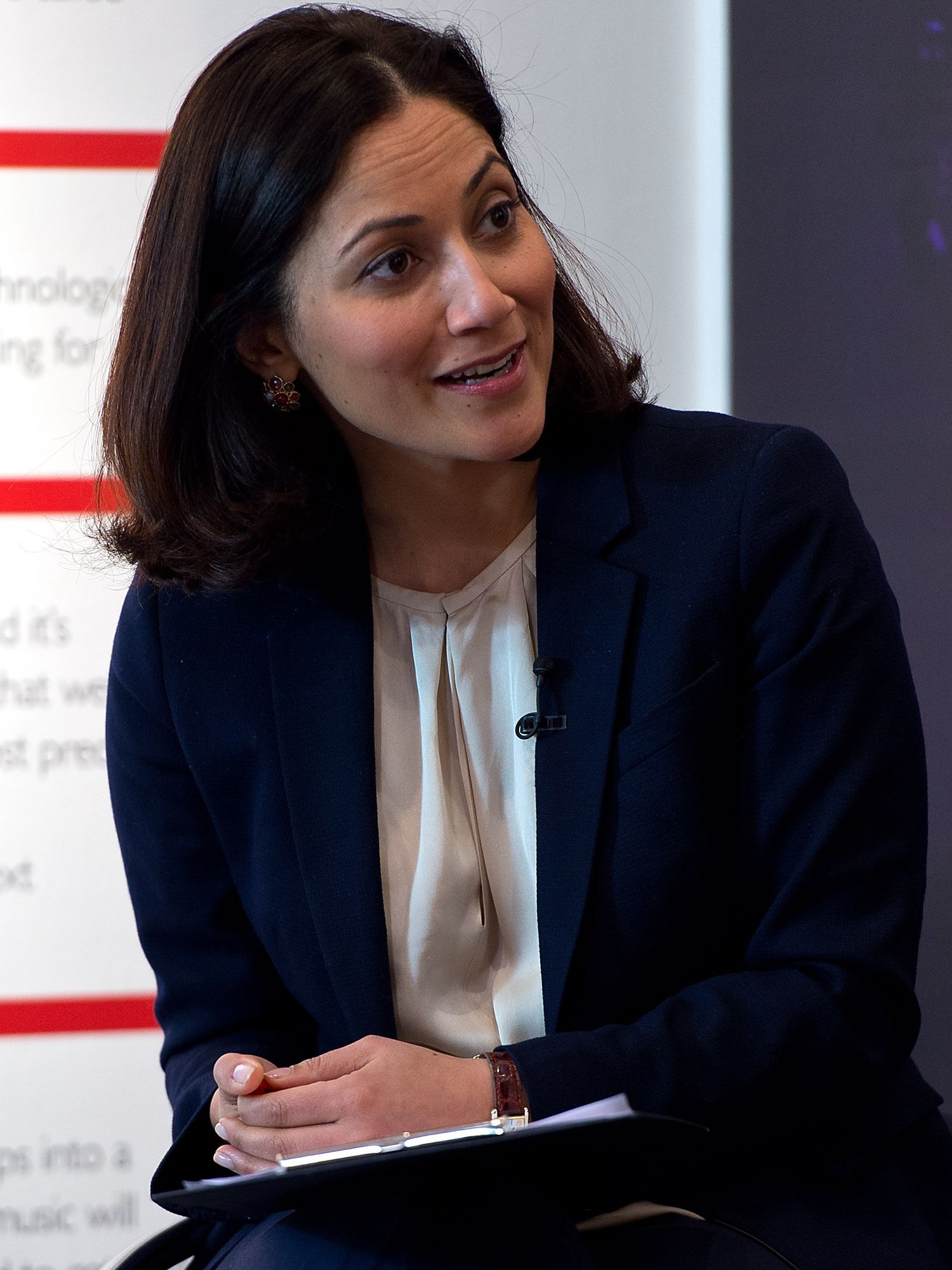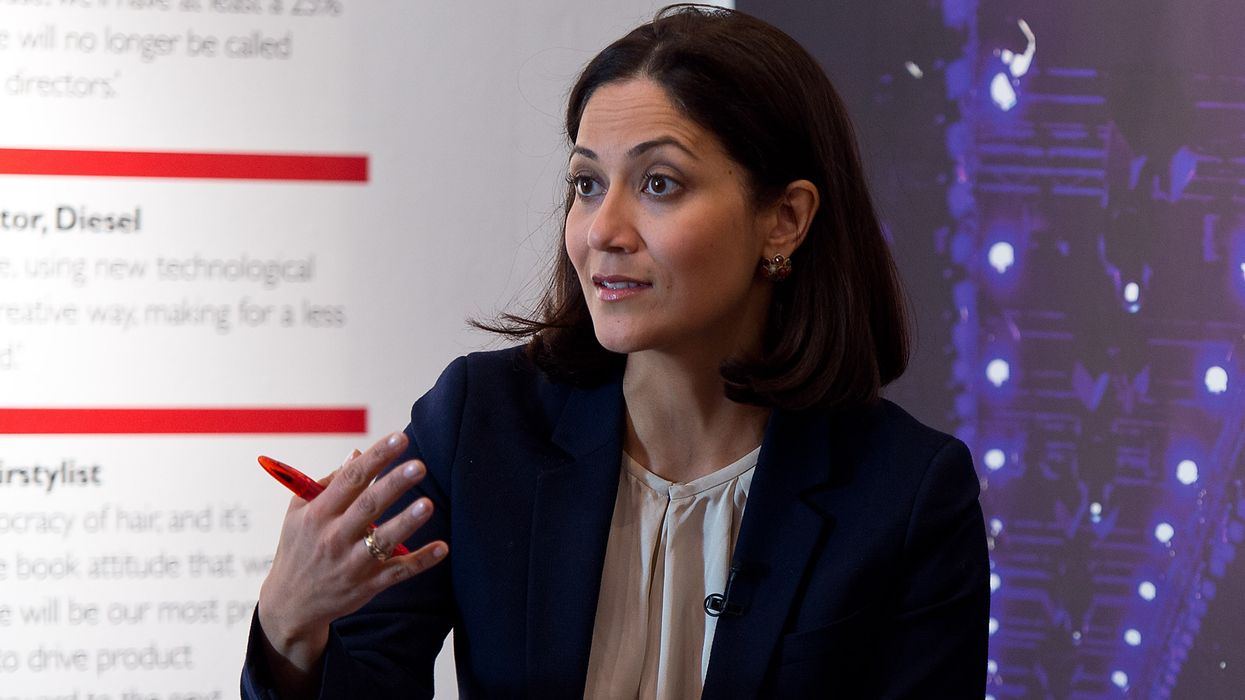Mishal Husain has pushed back against the idea that personality-led journalism has to come with ego. The respected broadcaster, who spent over a decade at BBC Radio 4's Today programme, has made a quiet but powerful return to longform interviews as the editor at large of Bloomberg Weekend Edition.
In a new interview with British Vogue, Husain reflected on how she approached her role at Today. Without directly addressing the arrival of new presenters Amol Rajan and Emma Barnett, who have brought a more informal and personal tone to the show, Husain made her own philosophy clear.
"What was true to me was that I would very rarely use the word 'I' on air" she said. "I would quite often say we have talked to someone because broadcasting is a team effort." Her words actually suggest a clear contrast to the current editorial direction of Today, which has divided listeners in recent months.
While she acknowledges that personality-driven journalism is becoming more common, Husain does not believe it has to come at the cost of integrity. "It does not have to be about the presenters centring themselves. Hopefully, if they are a personality with journalistic values, then they can be a conduit to the news."

Husain, who joined the BBC in 1998, has hosted major political debates and interviewed key figures including the Duke and Duchess of Sussex. Despite being overlooked for high-profile roles like the BBC's Sunday politics show and the News at Ten, she says she never felt entitled to those jobs.
"I do not look at either of those roles and think I should have done them or wish I was doing them now," she said. Husain also made it clear she avoided using external offers to negotiate better pay at the BBC, unlike some of her colleagues.
Her comments come at a time when the BBC and other media outlets are facing scrutiny for how they report on conflicts like the Israel Gaza war. Husain criticised the lack of access to Palestinian civilian stories due to the ban on foreign reporters, saying both sides deserve to have their stories told.
In a changing media landscape, Husain’s voice is one of quiet conviction and thoughtful journalism. It is this clarity of purpose, a deep respect for both the profession and the people it serves, that defines Husain’s voice in journalism. Quiet, yes. But never passive.





